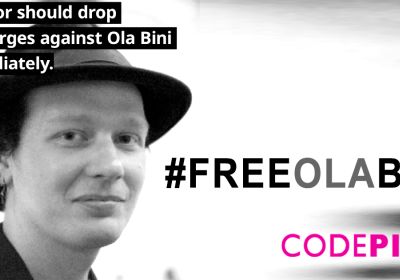
The trial of Swedish software developer and digital rights activist Ola Bini, began on January 19 in Ecuador, reports People's Dispatch.

The trial of Swedish software developer and digital rights activist Ola Bini, began on January 19 in Ecuador, reports People's Dispatch.
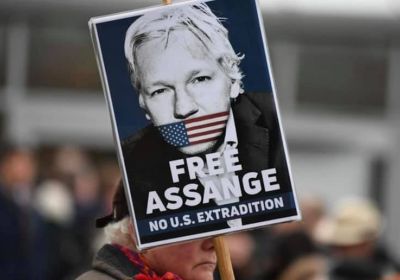
On his 1000th day of imprisonment, WikiLeaks founder Julian Assange's supporters gathered to show their support, solidarity and indignation at his ongoing political detention, writes Binoy Kampmark.
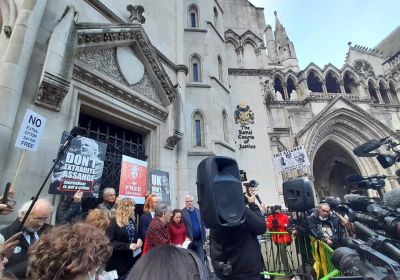
With Julian Assange now fighting the next stage of efforts to extradite him to the United States, some Australian politicians have found their voice. Binoy Kampmark reports.
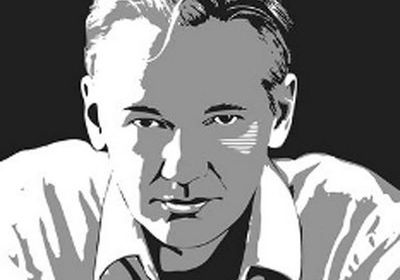
Cruelty has caught fire in Australian politics; cowardice has become the currency affecting exchange with Washington and London, argues Stuart Rees.
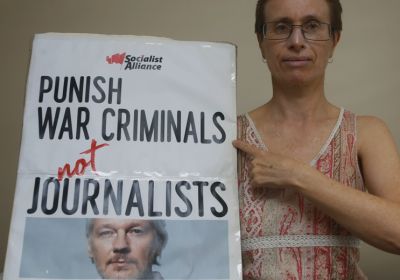
The British decision to extradite Julian Assange is an attack on us all, argues Socialist Alliance Senate candidate Kamala Emanuel.
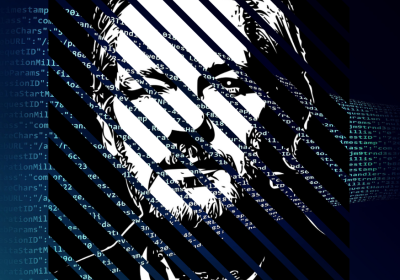
Prominent figures in Aotearoa (New Zealand) are calling on Prime Minister Jacinda Ardern to offer Wikileaks founder Julian Assange asylum, reports Matt Robson.
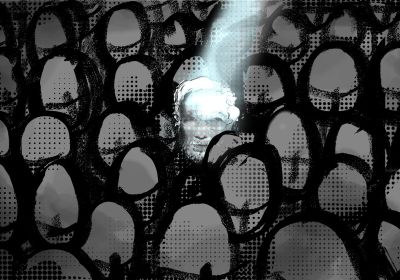
As the world awaits the outcome of the United States' appeal to extradite Julian Assange from Britain, the WikiLeaks founder's courage is beyond doubt, writes John Pilger.

Supporters of Julian Assange in Sydney rallied outside the British Consulate. Michael Hatrick and Jim McIlroy report.
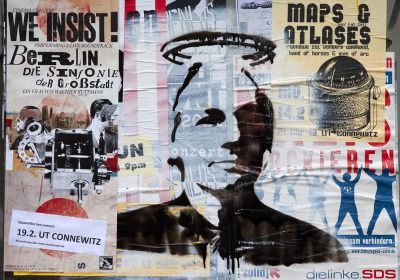
If there was any reason to halt a farcical train of legal proceedings, the case against Julian Assange would have to be the standard bearing example, argues Binoy Kampmark.
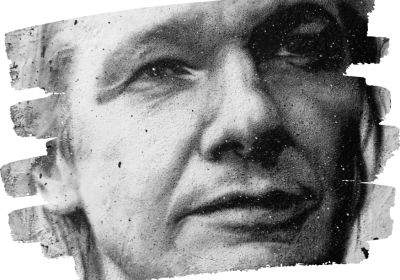
For the "crime" of truth-telling, WikiLeaks founder Julian Assange is being relentless pursued by the United States government, determined to secure his extradition at any cost, writes John Pilger.
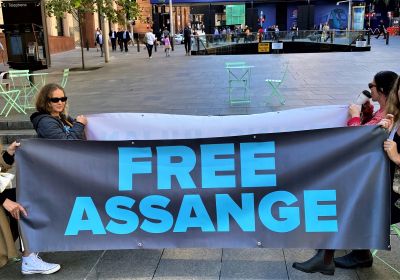
From Labor Prime Minister Julia Gillard to Coalition PM Scott Morrison, Australian leaders have tried to appear in a chorus of extras, parroting that Assange had broken the law, writes Stuart Rees.
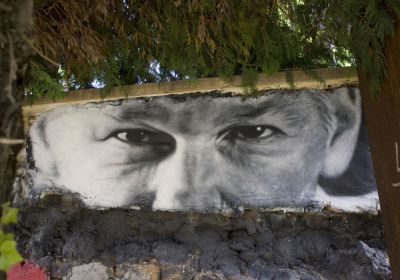
The US Department of Justice’s claim that the Wikileaks founder directed a complex hacking operation has exploded. Sam Wainwright argues we must continue to demand justice for Assange.